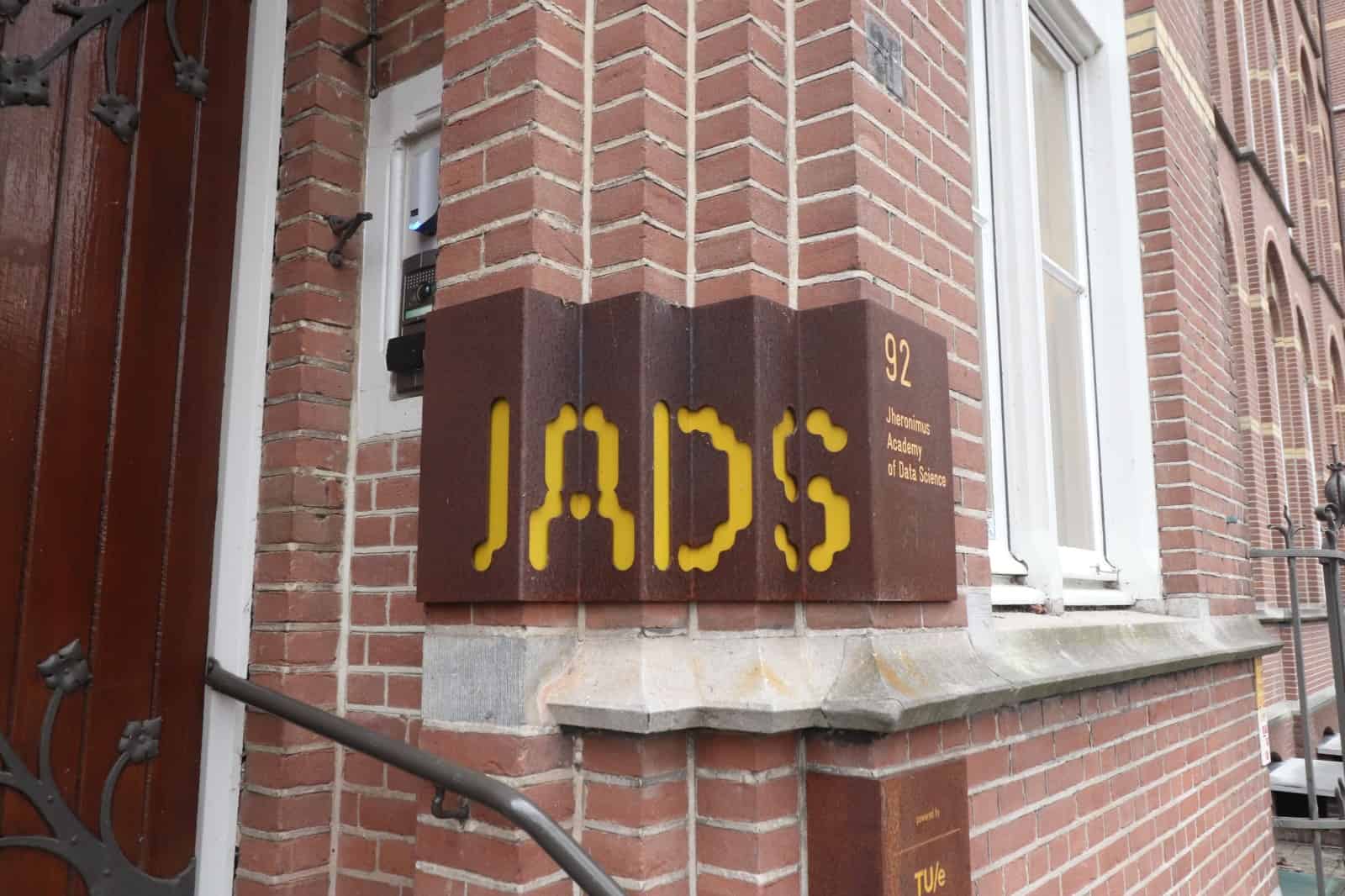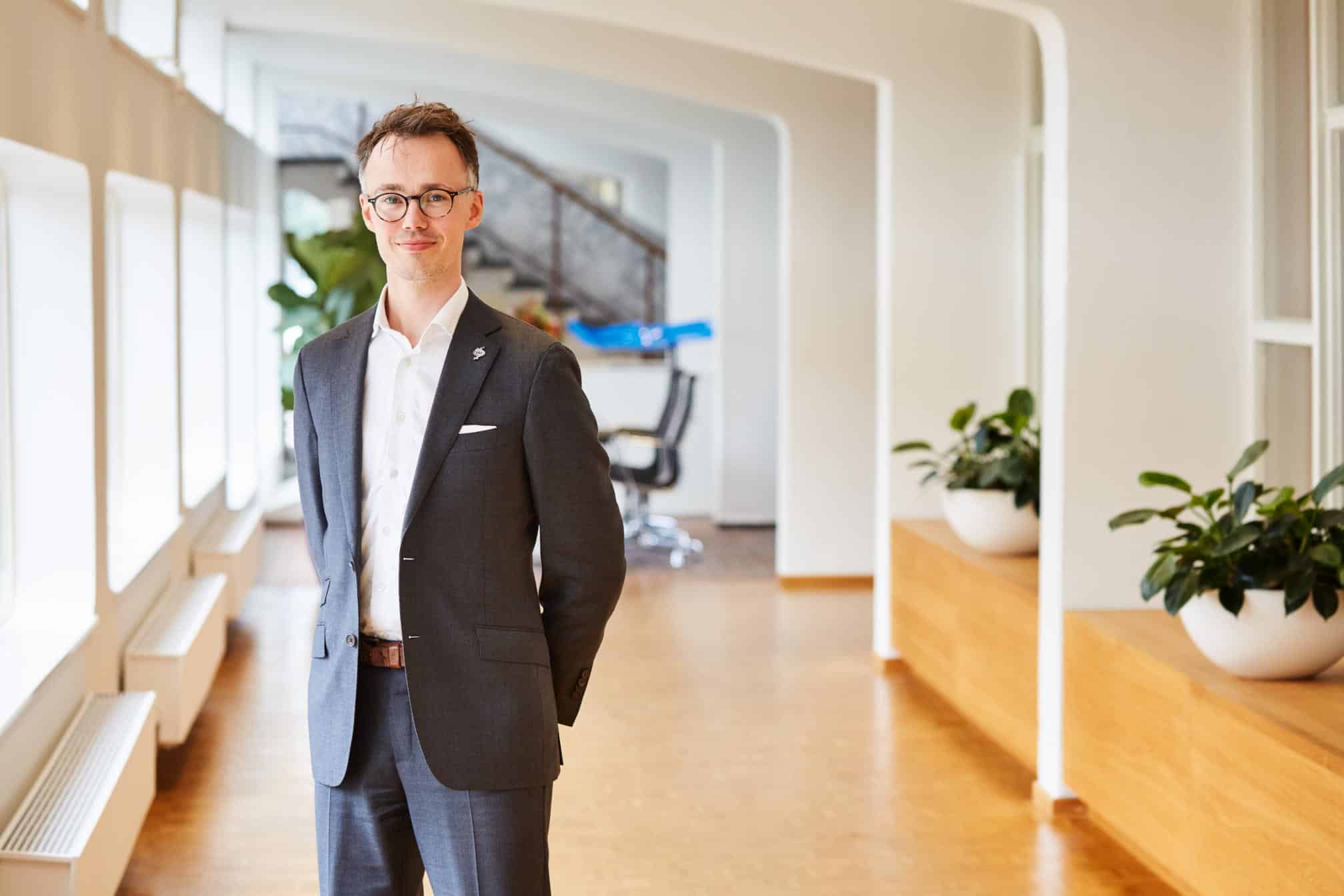
Twenty tech entrepreneurs from Europe will be immersing themselves in the world of international entrepreneurship. They are participating in the fifth edition of the European Venture Programme (EVP), set up by the EuroTech Universities Alliance. Six European technical universities are also affiliated with this alliance. The start-ups visit different cities in an effort to broaden their horizons. They are looking for international opportunities for their companies.
“Most engineers have mastered the technical development of a product. The program is actually meant to develop other aspects of entrepreneurship further,” explains Steven van Huiden, coordinator of the program in Eindhoven. For example, the program focuses on value creation, marketing, sales and finance. “Entrepreneurs gain more knowledge this way and learn to think internationally straightaway.” This fits in well with the mission of the collaborating parties – TU Eindhoven, DTU Copenhagen, TU Munich, EPFL Lausanne, École Polytechnique Paris and Technion from Haifa.
The program has been split into two weeks, a week at the start of the summer and a week at the end. The participants will visit a total of four cities, two in both weeks. The first half of the program has been completed. The second half will take place at the end of August and will be brought to a close with a Grande Finale at the Eindhoven University of Technology (TU/e).
Looking for the best location
Van Huiden: “Many start-ups begin in their own region, for example at Brainport. Subsequently, they want to continue to expand throughout the whole of the Netherlands and ultimately all over Europe. We provide an international orientation right away, because otherwise companies run the risk of encountering slower and more difficult growth. What’s more, they may not start out in the right environment.” Other countries often have different laws and regulations. Apart from that, there are usually other facilities such as specific industries and incubation or acceleration programs. Moreover, the whole entrepreneurial culture might be different. “We hope that this is how start-ups discover what is the best location for them.” Successful start-ups such as AnalyzeData, SPIKE, Lightyear and DENS all preceded the current generation.

Think like an entrepreneur
The participants learn to look at their own company and technology through the eyes of an entrepreneur. “Proper customer validation, the right product market fit and sales discussions are often more important in the initial phase than a product that has already been worked out in detail beforehand”, Van Huiden explains. “With the right amount of money and enough time, the product will probably get there in the end. Whereas a fully developed product does not necessarily sell itself very well.” Finding potential customers and above all financing is very important according to him. “If that is successful, the company’s finished product and growth will often get underway.” A lesson which is usually contrary to the nature of technicians. “That’s why some of the workshops in the EPP explore this in more detail.”
Participant Alex Pap, Co-founder of XYZ Dynamics: ” I have met a group of people through the EVP who all have the same drives and challenges. That was very educational and encouraging.” He and his company are developing a special axle which enables large buses to run on a hybrid. Fully electrified transport turns out to be difficult and expensive for these types of vehicles. That’s why he came up with his electrical solution. Kayle Knops shares Pap’s experience. He makes pressure-sensitive keyboards which measure the vitality of users. A totally different branch of industry. Although the basis for all start-ups remains the same: “The opportunity to speak to local entrepreneurs in different countries is extremely valuable.”

Experience culture
This is also the main reason why the EuroTech partners go on trips to various cities with all of the entrepreneurs in the group. Coordinator Van Huiden: “There are also programs that do online workshops, for instance, via Skype or MOOCS. This also allows you to be in contact with the rest of the world. However, participants experience the nature of doing business in a particular culture much better during a real trip.” Each city and its associated ecosystem has its own expertise and entrepreneurial culture.
The EVP in Copenhagen is about marketing, sales and prototyping. Lausanne focuses mainly on the market, competition and risk analysis. In Munich, it’s all about internationalization. Lastly, Eindhoven mainly focuses on start-ups’ finances and funding. There is also time for networking get-togethers, talking to alumni and a little relaxation. “For example, we always eat together and in every city there is a fun activity such as a boat trip or an escape room,” says Van Huiden. “A very diverse program that covers all aspects of entrepreneurship.”
Learn from each other
Five participants from five different start-ups are selected from each of the cities. Except that two start-ups from Paris will participate this year. The entrepreneurs will not go to the city this summer, but that could be an option next year. Then the cities which host the program will be changed. Van Huiden: “We have deliberately chosen to have only one representative per start-up participating, so that as many start-ups as possible are able to participate. Additionally, it also brings in a diverse group of people. “There are differences in levels, from bachelor to postdoc, types of education and life experience. This ensures that the participants can learn a lot from each other and also from other cultures.

Freek van Welsenis, Co-founder of Hable Accessibility, says convincingly: “As an entrepreneur, you do not always have to invent the wheel by yourself. You look at other people to see what they have done right or wrong. So that you can do better yourself. It is very important to build up a network and to share experiences.” He makes a braille keyboard for smartphones, this is an application that has never been made before. “We can’t just sell our product in the Netherlands, the market is too small for that. Thinking internationally is very important to us.” Participants in this program are building on this international network.
A closer-knit group
They are all eagerly awaiting the second half of the EPP. Participant Pap: “We are learning a lot from the program. We receive a lot of information during the workshops, which we are each able to apply to our company in our own way.” Geert Vergoossen took part in the program last year. He is a team leader with SOLID, a company that is working on a C02-free incineration system. ” The group tends to get much closer during the second round. This in turn leads to more sparring with each other about entrepreneurship. At times it’s just fun to have a beer together. That’s a very enjoyable and rewarding experience.” Aside from that, he has also included practical tips from the program. “The most important thing I learned is that we should always have a good pitch and presentation ready. This must look good in terms of design and be in line with the expectations of the various interested parties with regard to content.
Grande Finale
After these two weeks, the participants submit a so-called ‘two-pager’. A document outlining in two pages how the company works and what their product is. “Start-ups provide this information as soon as they register for the program. We choose who can participate on that basis”, Van Huiden states. After that it runs like a common thread throughout the whole program. ” The participants will be able to continually upgrade and adjust the two-pager in light of all the insights they manage to gain through workshops and conversations with fellow participants.” They hand in the definitive document at the end of the process.
A final selection is made on this basis. The best two-pager wins a prize. The finalists are invited to pitch in front of a jury and one start-up will emerge as the winner. “Entrepreneurs should see the EVP as an additional starting point. From here on out they can continue to explore the world with new skills and international experience.”
Would you like to attend the final event in Eindhoven? You can register here.







